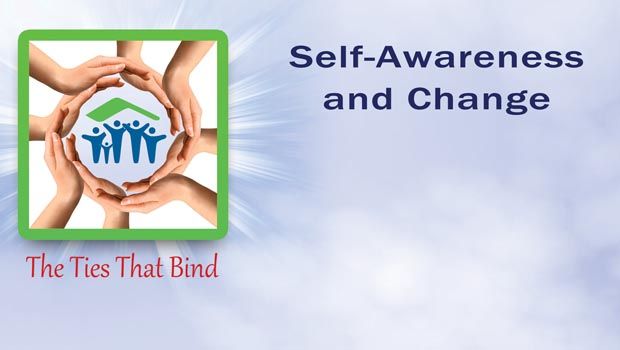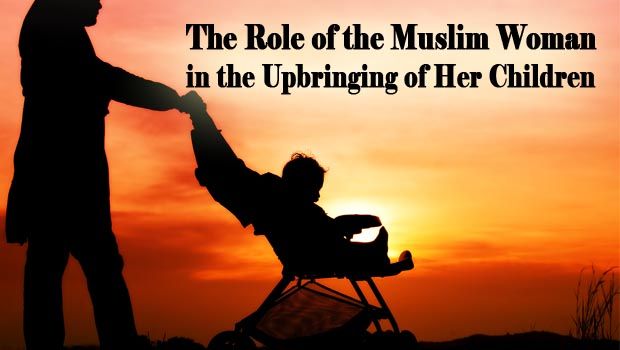“I don’t understand why I’m feeling this way,” she thought, as tears poured down her cheeks. She could not make sense of why she was feeling so sad. It wasn’t like anything bad was happening in her life at that moment. She had a wonderful family, great job, good friends, and a nice apartment. What could be making her feel so upset? As she sat and wondered, no explanations could be found. Just then, she remembered her friend telling her about therapy and how it had helped her. At that time, she was glad her friend had an positive and affirming experience, yet knew that therapy was not something she would every consider for herself. But with sadness engulfing her now, she thought it might be a way to explore what was at the root of her feeling so forlorn. She texted her friend for the therapist’s number and received a reply almost right away. She felt really nervous, but dried her tears, dialed the number, and said “Bismillah.”
Sometimes the source of sadness, anger, worry, or other negative feeling is found in external circumstances outside of our control. And sometimes the source is our own mistake, weakness, or self-deception
Sometimes the source of sadness, anger, worry, or other negative feeling is found in external circumstances outside of our control. And sometimes the source is our own mistake, weakness, or self-deception. As human beings, it is in our very nature to make excuses for ourselves. It is easier to look outwardly and blame others for our mistakes, our misery, or our unfortunate circumstances. We focus on how others behave poorly or have negatively impacted us, and want to sweep our own part in our difficulties under the rug. If we are unwilling to examine our own attitudes, thoughts, behaviors, and interactions, however, we will never gain greater self-awareness and maturity. We continue to look externally for the explanation of what is going on inside of us instead of focusing inward where the potential for, and attainment of, optimal coping, emotional balance, self-transformation, and healthy relationships is found.
Self-Awareness
Self-awareness is extremely important to the growth of a human being. As Muslims, we know that the essence of Islam is taqwa, the awareness of Allah (SWT), and that we must make concerted effort to increase our taqwa. But genuine taqwa is conjoined to uncompromising awareness and examination of self. It is in that inquiry into self that we begin to strive for authentic virtuousness including its attributes such as patience, generosity, forgiveness, and more. How are we to attain these qualities if we are not aware of the contours and details of our personality. True God-consciousness cannot be separated from awareness of our own character, with all its strengths and weaknesses.
Sometimes we are faced with difficulties that seem greater than our capacity to cope. And sometimes the path to greater self-awareness and maturity is hard to navigate. At such times it can be helpful to speak to a counselor or therapist. A session or sessions with a trained mental health professional can become a truly rewarding personal growth experience. They are able to facilitate a deeper discovery of self, to help us put things in a more healthy perspective, to aid us in exploring what is important to us, and what we need to do to get where we want to be. Counseling can be an important complement to other methods of discovering the self, such as journaling, meditating, reading self-help books, recognizing self-talk, and the most essential practice of searching and knowing the self: prayer.
Through asking Allah (SWT) for His guidance, the help will come from a direction we may have never even considered.
Time to Change
Whichever methods we use to attain greater self-awareness, whether it be by figuring things out on our own, with the counsel of trusted family or friend, through the help of a therapist, or a combination of these, it is essential that we keep moving forward. If we are static, complacent, or oblivious of the Islamic path of self-transformation, we are losing out on what really matters: committing to the lifelong challenge of improving ourselves and readying ourselves for the ultimate meeting with Allah (SWT). When we acknowledge that we need to change for the better, we find limitless opportunities to challenge ourselves positively, to seek a higher ground of being, to fortify our strengths and forthrightly tackle our weaknesses. The world is ever moving forward, and the people and circumstances around us are always changing. We may experience a loss, a difficulty, or a danger, and if we are not prepared to adequately deal with them, we will feel burdened again and again by some practical hardship or emotional turmoil.
It is time to shine the light at ourselves and recognize the way we might be evading our Islamic challenge, or undervaluing or even mistreating ourselves, others, or the deen of Allah (SWT). It is time we work as individuals, as family members, and as members of the Ummah to figure out where the work needs to be done. Let us recognize the positive aspects in others and ourselves, acknowledge them and be thankful for them. When it comes to negative aspects, let us see what needs to be worked on and strive for greater self-awareness and self-improvement. When our self-awareness and endeavoring for self-improvement are mutually reinforcing and enhancing, we are participating in a powerful movement that can transform the world into a better place with the help of Allah (SWT).






